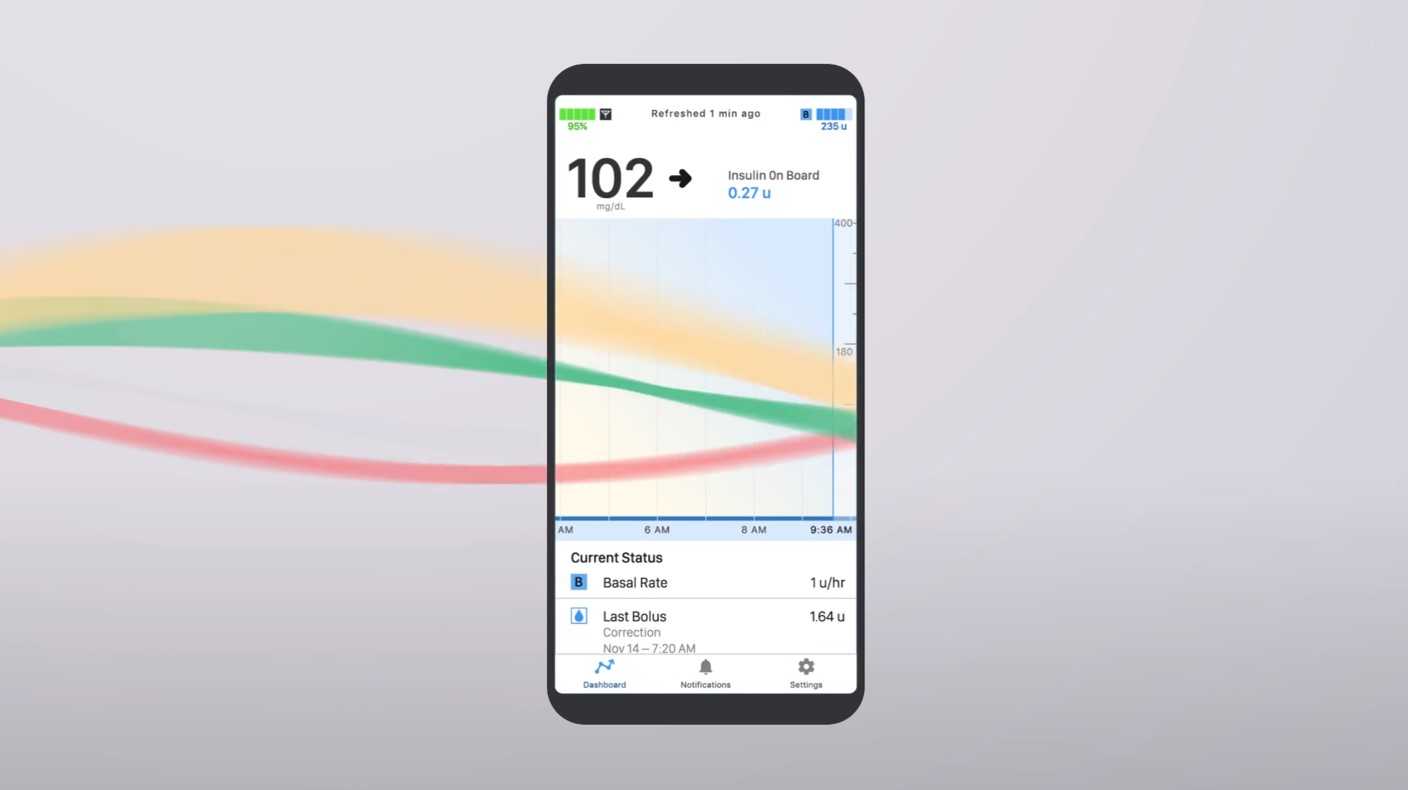Smartphones and wearables are increasingly converging with the field of medicine. More and more consumers are monitoring key biometrics like heart rate and blood oxygen levels, while some wearables can even help detect illness before any symptoms are present. Thanks to these technological advances, the average consumer is more in touch with their well-being than ever before.
The latest innovation in the world of mobile healthcare is the t:connect mobile app from Tandem Diabetes Care, which works in tandem with the company’s t:slim X2 insulin pump to enable diabetics to administer insulin through their pump discreetly via the app.
Tandem recently announced that it received FDA clearance to control bolus insulin dosing through smartphones, making its app the first to ever receive FDA approval for insulin dose control. This should provide more convenience to diabetics who use Tandem’s system, as insulin pumps typically require the user to dial in doses manually. Now, at mealtimes, diabetics can simply tap a few buttons on their phone to make sure their blood sugar levels are in check.
The app is expected to roll out this spring and will be made available to new and in-warranty pump owners at no additional cost. Currently, Tandem has announced compatibility with the iPhone 12 running iOS 14 or later, and the Samsung Galaxy S20 running Android 11. The company expects to expand compatibility to more smartphone models and operating systems in the future.
Over 10% of Americans currently suffer from diabetes, according to the CDC, and those in the market for a new phone may wish to consider one of the newer Samsung or Apple models if they plan on pairing with a Tandem insulin pump. According to Interpret’s New Media Measure®, diabetes is a top health concern for consumers in the US planning to purchase a new smartphone in the next three months. 15% of smartphone intenders state that they are concerned about diabetes (equal to those who mention hypertension), compared to 13% who mention high cholesterol, and 8% who mention obesity.




